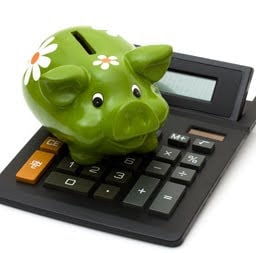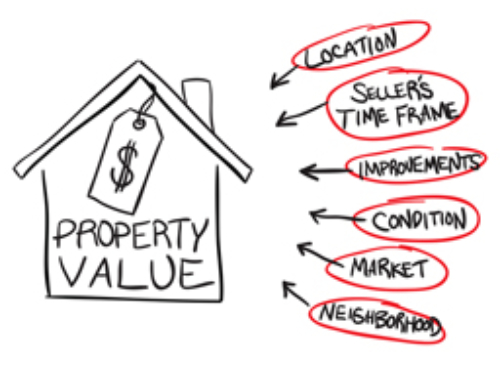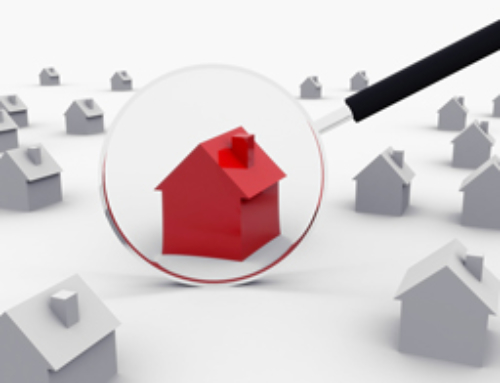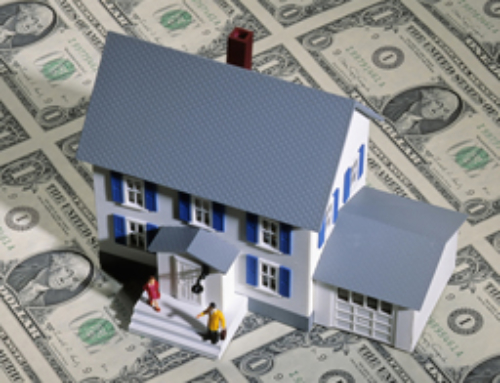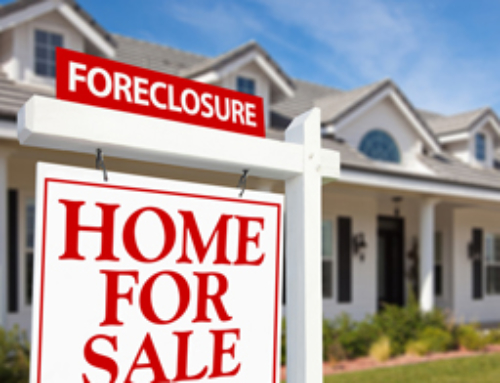 Getting Rid of Debt before Buying a Home
Getting Rid of Debt before Buying a Home
Got debt? It’s going to be tougher to get a mortgage.
The reality of the new world of mortgage finance is that lenders don’t really want to lend money unless it’s a sure thing.
What it boils down to is this: If you can afford to pay cash for a home, a mortgage lender will undoubtedly approve you for a loan. But if you can’t afford to pay cash for your next property purchase, you’ve got to get your finances in home-buying shape. A big part of that is getting your debt-to-income ratio down to something that lenders will approve.
I heard from Samantha recently. Samantha has a credit score of about 785, and her home actually has about 20 percent equity. But when she went to refinance, her mortgage lender turned her down. Her debt-to-income ratio was out of whack, thanks to a recent car purchase (for which she needed a loan), some old school loans (that she hasn’t gotten around to completely paying off), and some orthodontic work that she charged on her credit card. That was enough to torpedo her chances of refinancing her mortgage and saving $200 per month.
Samantha’s debt-to-income ratio problem didn’t just happen overnight. Like many homeowners, she made a series of poor debt decisions and relied on misinformation, which, in this new world of mortgage finance, proved to be too much.
I’ve found that a lot of consumers mistakenly believe they need high levels of debt to maintain a high credit score. They believe that if they pay their bills on time, carrying debt shows that they can manage their finances, and their credit score will go up.
Let me just say that I’ve had a credit score of over 800 for years, and I don’t have any debts other than the mortgages for the real estate I own.
While it’s true that paying all of your debts on time is crucial to having a good credit history and a high credit score, carrying big balances on your credit cards (revolving debt) can ultimately hurt your credit history, because you’re using up too much of your maximum available credit.
Carrying too much revolving and installment debt (like a car loan) will eat into your debt-to-income ratio, and a lender will subtract the amount you’re paying to service your debt each month from the amount you have available to pay for a mortgage, real estate property taxes, and your required homeowner’s insurance policy.
Lenders are so picky about who they’ll lend to these days that they’ll seize on an out-of-whack debt-to-income ratio as a reason to reject your loan application. Instead of facing that unpleasant prospect, follow these steps to get rid of your debt before buying a home:
- Calculate what you owe. If you have a handful of credit cards, plus a car loan, student loans, and maybe a gas card or two, it’s easy to lose track of your debts. Make a list of everything you owe, along with the interest rates you’re paying.
- Figure out how much it costs for you to live. Write down everything you spend each week, month, and year. Then pare your expenses down to the basics and figure out how much you’ll save. After that, you can determine how much of that savings you can apply toward paying down your debts.
- Pay off the highest-interest-rate loan first. The savviest move you can make is to focus all of your energy on paying down the debt with the highest interest rate first. Since every dollar you prepay on a loan (credit card, mortgage, school loan, etc.) effectively earns you that interest rate as a return on your investment, the higher the interest rate on the debt, the more you’re earning on your money. For example, if your credit card debt is at 15 percent, every dollar you prepay is earning you 15 percent. So get moving.
- Pay down a small debt. If your biggest debt has the highest interest rate but you’re also carrying a relatively small debt on another credit card, consider paying that debt off quickly. That will give you a psychological boost and provide you with another source of funds to use to pay down the larger debt.
- Don’t cancel your credit cards after paying them off. You’ll want to keep your maximum available credit limit as high as possible to help boost your credit history and credit score. So pay off the debts, but leave the lines of credit open.
You don’t have to pay down all of your debts in order to qualify for a home loan. But the more you pay down, the more you’ll be able to spend on your next home.
 Ilyce R. Glink is the author of several books, including 100 Questions Every First-Time Home Buyer Should Ask and Buy, Close, Move In!. She blogs about money and real estate at ThinkGlink.com and at the Home Equity blog for CBS MoneyWatch.
Ilyce R. Glink is the author of several books, including 100 Questions Every First-Time Home Buyer Should Ask and Buy, Close, Move In!. She blogs about money and real estate at ThinkGlink.com and at the Home Equity blog for CBS MoneyWatch.
READ MORE:
4 Tips for Buying a HUD Home
Buying a New Home? Here Are 5 Things Your Builder Won’t Tell You
Reverse Mortgages: What’s New
Zero Down Home Loan Options

